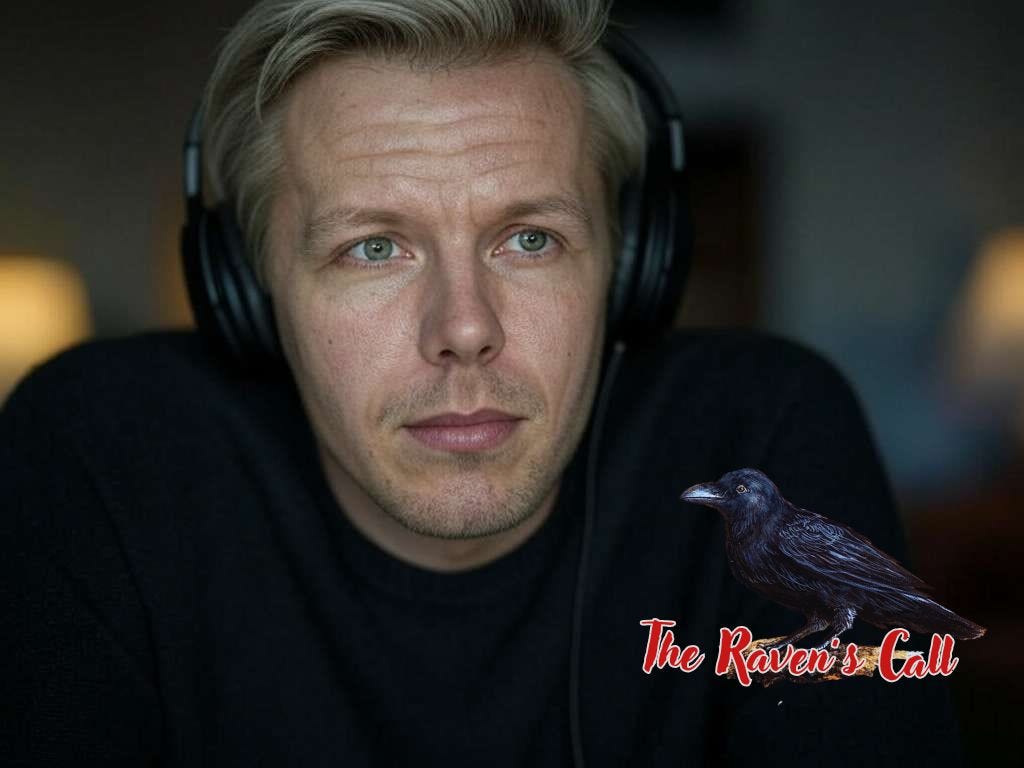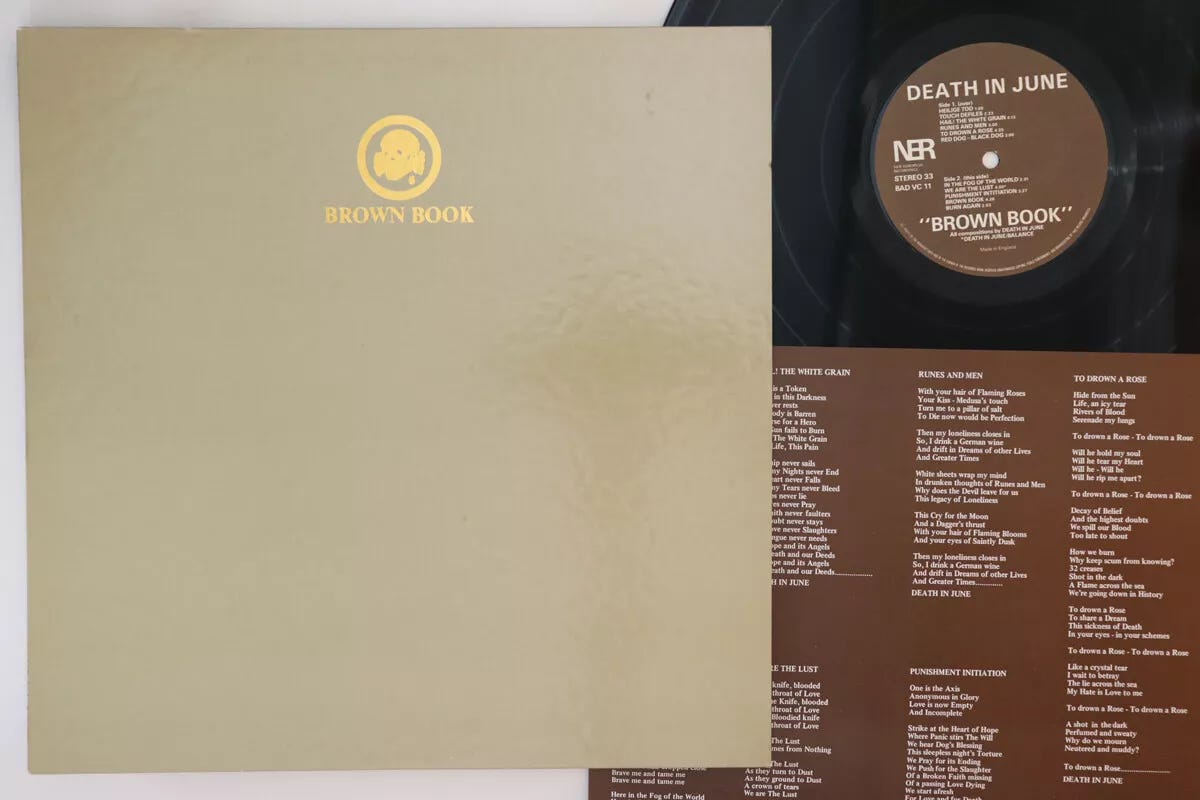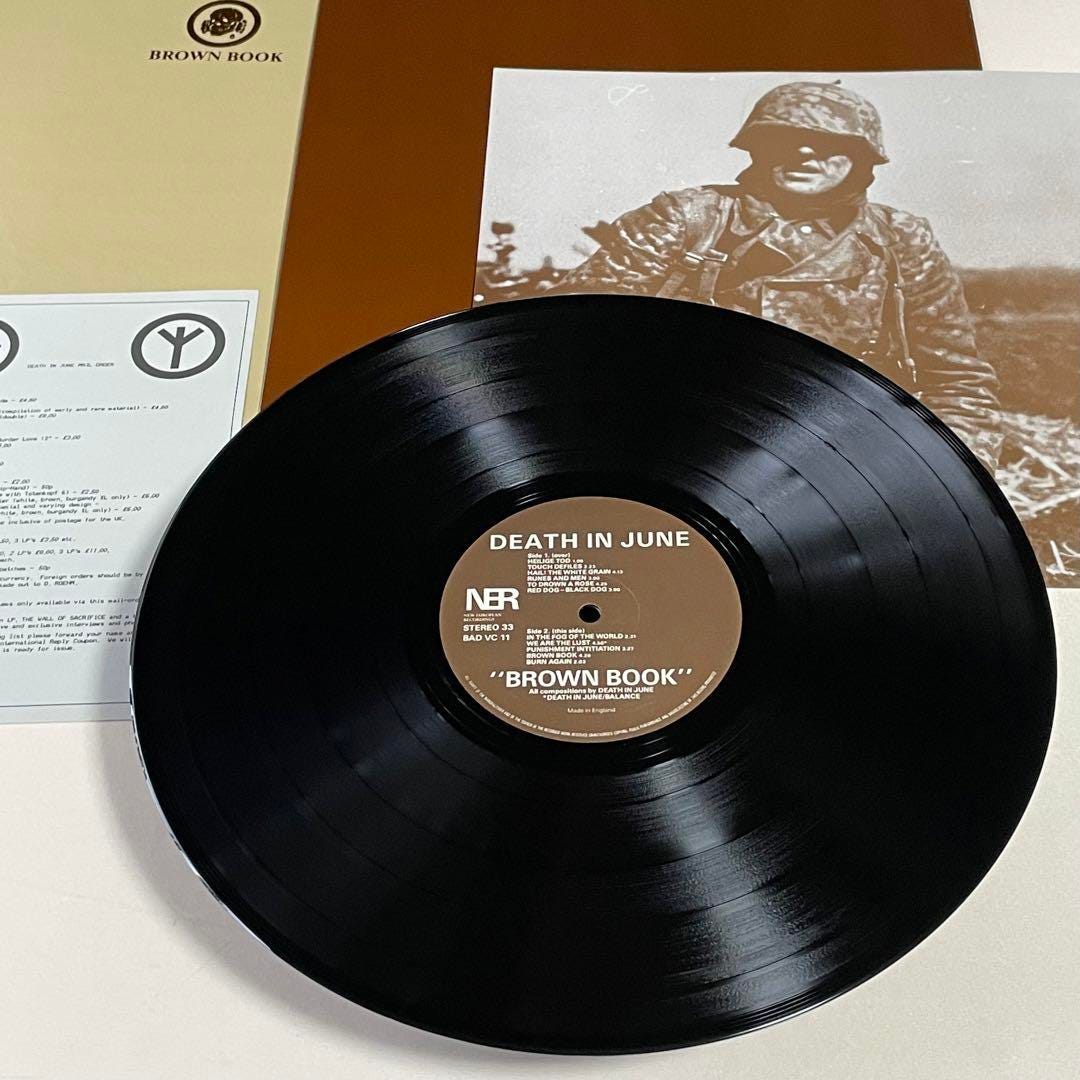Stop Streaming Music and Embrace The Digital Music Library
On Censorship of Music, Other Drawbacks to Music Streaming, and the Prodigious Advantages of Having a Digital Library of Music
Over the past ten to fifteen years, the general populace has shifted away from listening to music as hard digital files, in favor of various streaming platforms, including Apple music, Amazon, and Spotify. With the introduction of the iPhone, smartphones have become ubiquitous. This has been compounded by the demise first of the iPod classic, followed by the cancellation of the iPod touch in 2022, as dedicated audio players have since become a niche market item. While streaming music on smartphones may enjoy near absolute ubiquity, there are a number of reasons why this is incredibly short-sighted. With just some of the reasons set forth below, more savvy music lovers will prefer both hard digital files and a dedicated audio player over using a smartphone as a main music listening device.
The first and perhaps most important reason against using streaming platforms—and the predominant focus of this essay— is the listener does not have control of the music inventory when using streaming services. A quick perusal of spotify reveals a number of this artists more obscure favorites are unavailable, including Wappenbund, Coinside, The Moon Lay Hidden Beneath a Cloud, among others. Much to my suprise and even consternation, the obscure Sophia is (somehow) on Spotify. Of course, over the years, a number of mainstream artists have withheld their catalogues over the years, most principally due to the Joe Rogan controversy. Many although not all have come back. The unavailability of such recordings is either because the music is really obscure (much of this author’s favorite artistis) or because an artist has disputes with a platform for monetary or ideological reasons.
Much more disconcerting, Spotify and other platforms actively censor music. Of particular interest to this author, two albums (more than that actually) by Death in June are unavailable on the platform, Brown Book (1997) and Roseclouds of Holocaust (1995). So too is the 1998 compilation DISCriminate, originally available as a limited two cd disc set. Cathederal of Tears, a companion compilation that released those songs on Brown Book and The World That Summer not featured on The Corn Years, is also banned. There are likely others.1 The deletion of Brown Book and Roseclouds is doubtlessly due to their restricted legal status in Germany (and probably other countries in the European Union as well). Both albums appear on a list whereby it is illegal to sell or distribute, but not own. When Douglas Pearce released the 20th anniversary soap stone edition of Brown Book, the official website offered a word of caution that he could not be responsible for customs inspections in Germany which could result in confiscation of the collector’s item. Brown Book is of course restricted because of the title track, a recording—not a sound sample but an actual recording— by Death of June of The Horst Wessel Lied at a slower tempo. Roseclouds of Holocaust is also banned because of the title track. The German government sent Pearce an interrogatory demanding an explanation as to the meaning of the lyrics, and when his response was deemed insufficient to allay their concerns, the German government restricted the entire album.
Two iterations of the original Brown Book LP, originally issued in 1987. a copy of which this author owns, although regretably perhaps not as in good of condition.
Many fans of both Death in June and the so-called Neo-folk subgenre that Death in June, Current 93, and a few others pioneered may wonder why restricted status in at least one country should cause these recordings to be unavailable regardless of where a subscriber resides. But it really should not be much of a mystery at all. The use of a VPN and an ideological bent of those in authority at these and other platforms help explain why. Of course, if they are going to ban Brown Book and Roseclouds, one wonders why they do not ban more material by Death in June, if not the entire artist outright. And why stop at Death in June—why is Swastikas for Noddy by Current 93, or rather its reissue as Swastikas for Goody not banned? For those readers somehow unaware of Death in June, Douglas Pearce has always been fascinated by the Third Reich, although most all his lyrics on these and other matters are cryptic and open to interpretation. And of course Death In June’s most prominent symbol consists of an altered SS Totenkopf with a circle and the number six, to sigfnify death in June. Still, if they are going to ban “Brown Book” for being a recording of The Horst Wessel Lied2 and the entire album it is featured on (albums actually, given the fate of The Cathederal of Tears), why not ban “Runes and Men”3 and therefore The Corn Years? That song begins with a sound sample of marching music from that era and a speech by a Nazi official named von Wagner, taken from Leni Riefenstahl’s Triumph of the Will. The song makes thinly veiled allusions to Nordic fetishism (hair of flaming blooms / And your eyes of saintly dusk) before Pearce laments that:
Then my loneliness closes in
So, I drink a German wine
And drift in dreams of other lives
And greater times...
“Sons of Europe,” an early favorite of yours truly, makes explicit reference to the Yalta Conference, offering perhaps the most damning indictment of the post-war “consensus” offered by any musical genre or artist.
Sons of the east
Guards well trained
Have put a stop to the Polish train
Sons of the west
Have grown weak
The American Dream
Has sent you to sleep
Sons of Europe
Sick with liberalism
Sons of Europe
Chained with capitalism
Sons of Europe
Make very sure
You don't burn
In a Wall Street WarSons of Europe Arise
Sons of Europe Arise AriseSons of Europe Arise
Sons of Europe Arise Arise
On a marble slab in Yalta
Mother Europe
Was Slaughtered
And of course the first and last tracks in The Wall of Sacrifice also offer sound samples from a certain era in history. There are sound samples from certain periods in history in tracks on Operation Hummingbird and Take Care and Control, among other recordings.
Edgy, more obscure artists like Death in June are by no means the only targets of censorship. It seems The Blackeyed Peas have a song called “Let’s Get Retarded.” Apparently it has been banned. Never even remotely consistent, the platform still offers “Taking Retards to the Zoo” by The Dead Milkmen as available.
These sorts of shenanigans should be sufficient to prohibit any serious music lover from bothering with these streaming services at all, at least for the purpose of listening to music that a person already knows and likes—using streaming services to find and sample music is a different matter, although it stands to reason these platforms would prevent listeners from discovering music like that found on Brown Book or Roseclouds. There are other advantages, including being able to customize how music is organized and being able to select favored cover art in those instances in which a recording has different versions of cover art, which of course includes Brown Book as well as many other important albums.
Using hard digital files (rather than rely on streaming services) does of course generally require an investment in storage. This author has an external hard-drive of several tb to store music and other files, and a 516 GB SD card for his dedicated audio player. Given how fickle the censors are, a most worthwhile investment. When a person makes the transition from streaming to using a library of hard digital files, it will be necessary to become acquainted with various music management tools. Many recommend musicbrainzpicard, although I have found mp3tag the most essential for managing a music library.4
Of course, these concerns go beyond just music, as films and television series are being censored as well. Crocodile Dundee, while hardly the arete of cinematic achievement, has been re-released for its 40th anniversary, with an infamous (and funny) scene in which Dundee confronts a transvetite deleted.
There are other reasons weighing against streaming music as a primary method of listening to music. A significant drawback to streaming music concerns the issue of resolution. Using a high-end dedicated audio player by Astell Kern with wired headphones (Pioneer’s DJX-10s), this author cannot hear much of a difference between lossless files and lossy files with a minimum resolution of 320 kbps. Anything less however is quite noticeable. Spotify premium offers between 256 and 320 kbps, but these are target rates, ie not guaranteed, and the resolution can ebb and flow with the vicissitudes of using wifi and the internet. Amazon, apple, and others, also offer resolution as a target, not a set absolute. Using hard digital files avoids such problems altogether.
Any readers who have not done so are highly encouraged to use a dedicated audio player as opposed to a smartphone for a variety of reasons. Superior audio performance is the first and foremost consideration. Most dedicated audio players have a ten to twelve hour battery life. Smartphones seem to always need to be recharged, and not using them as a principal music player helps mitigate against this problem. Eschewing reliance on both Bluetooth and wifi also has its advantages. Aside from fluctuations or dips in resolution, dependence on wifi can present problems in a number of scenarios, particularly in regards to traveling. Wifi has been known to be interrupted on flights and train travel, just as wifi is not always available when traveling through certain remote areas by car. Natural disasters can also interrupt wifi and internet service. Despite advancements in Bluetooth technology, the wireless technology still regularly involves pairing problems, or problems where the Bluetooth connection drops and needs to be reset. Many insist Bluetooth no longer involves degradations in resolution, but this author remains skeptical. Regardless, corded audio, whether headphones or speakers, insulate listeners from these problems.
Jean-François Gariépy denounces wireless technology for anything that matters, from gaming to streaming. The context is the wireless controller used on the Titan submersible that imploded while descending to the Titanic wreck. His point stands both in regards to wifi and bluethooth wireless technology in relation to listening to music.
Since Elon musk took control of twitter, followed by Donad Trump’s election in November, censorship on big tech platforms seems to be losing favor to at least some degree. Be that as it may, censorship laws in Germany and elsewhere in Europe are still on the books. As stated above, any moral or intellectual consistency would suggest censors ban much more than just Brown Book or Roseclouds. Beyond that, many of these streaming platforms omit various artrists due to obscurity or due to artists’ disagreements for contractual or ideological reasons. By embracing the power of a music library consisting of hard digital files, savvy music lovers insulate themelves from such contingencies, while also having greater ability to enjoy more obscure artrists that are not available on platforms like spotify, apple music, and the like, to say nothing regarding transgressional artists that make naughty allusions to certain ideas or time periods in history. For this author, using streaming services as a primary method of listening to music was never an option, for many of the reasons enumerated above. Hopefully, this essay has set forth reasons sufficient to convince readers of this publication of the same.
It is of note that, as far as this author can ascertain, both Hatesville as well as at least a couple songs from Music, Martinis, and Misanthropy, two seminal works by Boyd Rice (and Friends) are unavailable on Spotify. “The People Song” seems availalbe on playlits, but not on the Music, Martinis, and Misanthropy LP. This author is at a disadvantage because, as indicated, I do not use Spotify or other similar services to listen to music I am already familiar with.
As stated, “Brown Book” is not a recording of “The Horst Wessel Lied” from the era, but a recording made by Douglas and friends. Notably, the song is at a much slower tempo, connoting a sense of sadness or Tristesse. This makes the recording ambigious, as one doubts whether regime officials would approve of anyone tinkering with the song’s tempo or other aspects of the anthem.
Youtube links are reluctantly provided as a courtesy, but those who are for whatever reasons not familiar with these selections are implored to find exemplars with a minium 320 kbps.
Different platforms will present different problems. The Fiio player this author used to own allowed one to simply keep artists by folder. My Astell Kern player however requires tagging of both artist and album artisr, in order for songs and albums to be properly organized. Mp3tag has worked best for me personally to make sure all my files are tagged correctly.







Agreed, I never went the streaming route and have been adding to my music collection for over 15 years now. My iTunes library is 320GB, and my constantly growing Hits List playlist is comprised of 2,200 of my favorite tracks. I throw this on shuffle and barely ever repeat a track too often given the size of it. Some songs I may not have heard for a few years, and appear suddenly like coming across a snow leopard. I actually own this music, I curate it, and no internet connectivity issues applies.